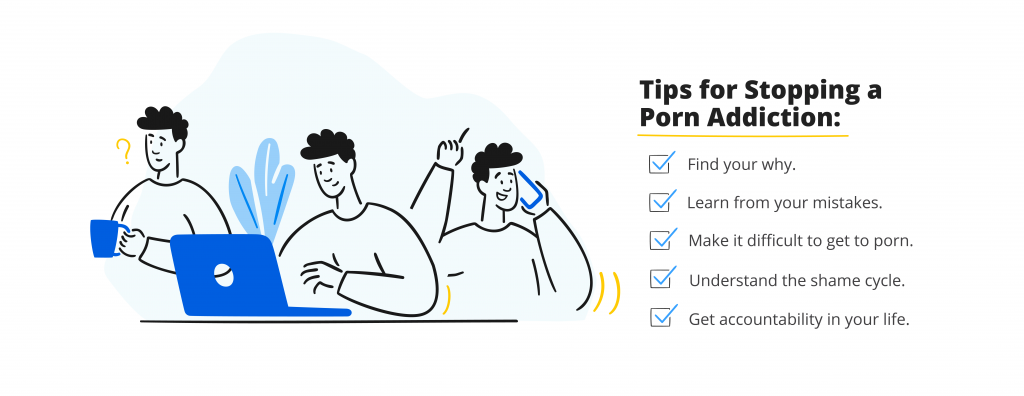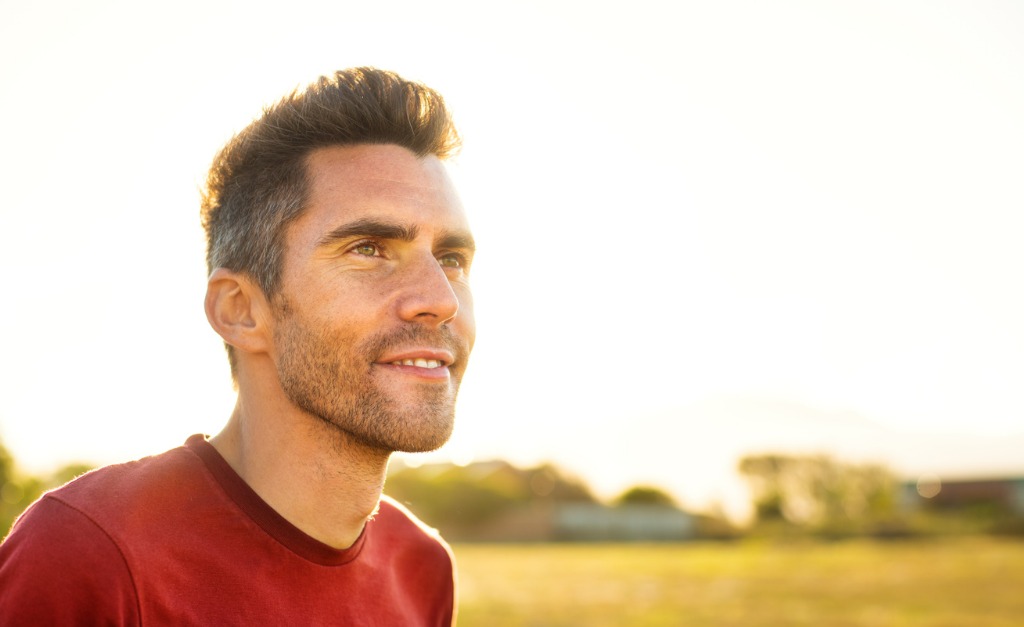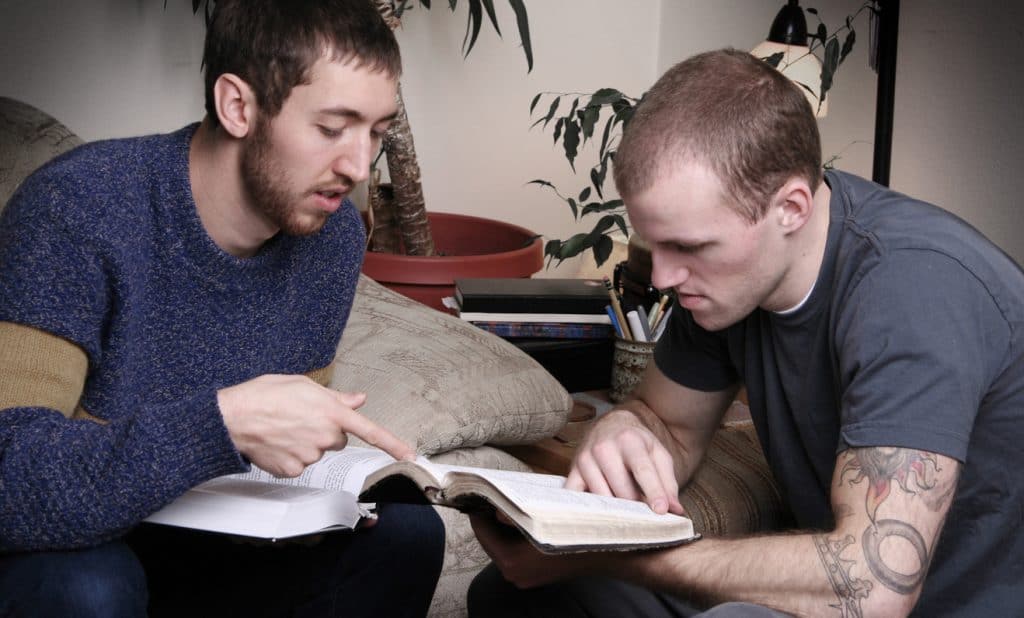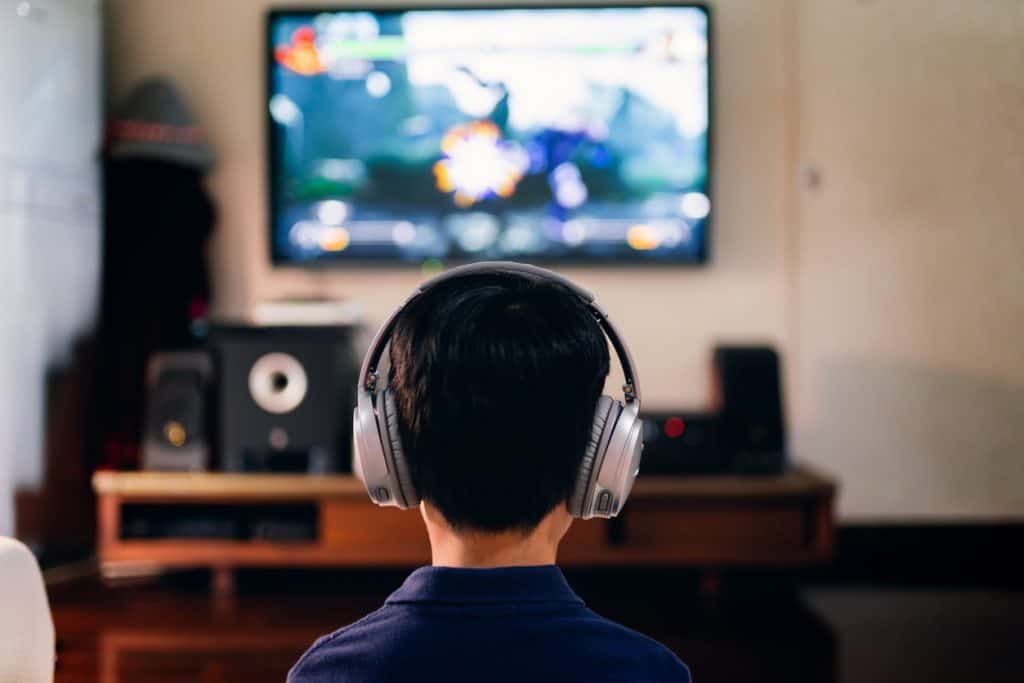Clinically reviewed by Dr. Sheri Keffer, Ph.D, LMFT, CCPS, CSAT
The steps to break a porn addiction aren’t complicated, but can be difficult. Let’s find out why, and what you can do about it.
According to the latest research compiled by Dr. John Foubert, “94% of men and 87% of women have seen pornography at some point in their lifetime.”1 Other research shows that 64% of men of all ages and 34% of women ages 18-30 regularly view pornography.2 That’s a lot of people watching porn!
Research also points to an increasing amount of “problematic pornography use” (PPU) or porn addiction. One study reports, “PPU may be characterized by tolerance and escalation (as per substance addiction models), greater sexual responsivity toward pornography, and psychological distress.”3
It remains unclear how many people are actually addicted. However, we do know that pornography addiction is a big problem, and a growing number of people are seeking help. Here’s some important information on porn addiction, and exactly what it takes to break free.
Article at a Glance:
What is porn addiction?
Before going any further, we need to define pornography addiction. What are we talking about here, really? Before we can understand how to break free, we need to understand the chains. How do you know if porn has trapped somebody in addiction?
The American Psychiatric Association (APA) defines an addiction or “substance use disorder” as, “a complex condition in which there is uncontrolled use of a substance despite harmful consequences.”4
What does this mean for a porn user? Let’s see.
The Debate Over Porn Addiction
The label “porn addiction” has accumulated a lot of confusing baggage. If you search for this, you’re likely to find a lot of debate over whether porn is really addictive. The official diagnostics manual for clinical psychologists and therapists (The Diagnostic and Statistical Manual of Mental Disorders), doesn’t currently include pornography in its list of addictions,5 leading many to contend it doesn’t exist. (You can read more about the debate here).
This doesn’t help the person trying to quit! A substantial body of evidence demonstrates that porn affects the brain similarly to other addictions. And whether you call it an addiction, compulsion, or habit, a growing number of people feel trapped by porn. If you’re one who has tried to break free, you know just how challenging it can be.
(See “Why Is Porn So Addictive?: 4 Reasons It’s So Tough to Resist”).
Signs That Indicate Porn Addiction
So, how can you tell if someone has a porn addiction? On a basic level, we’re talking about anyone who wants to kick their porn habit but feels they can’t.
A person who’s hooked usually tries to stop looking at pornography for a while before returning to it—again and again. Another key point to remember is the last part of the APA’s definition, “despite harmful consequences.” An addiction can make someone heedless of consequences.
Psychologist and licensed clinical therapist Dr. Peter Kleponis weighs in on this discussion with more precision. He notes six common signs of porn addiction which include obsessing over porn, the feeling that you can’t go without it, and a growing curiosity to seek out different kinds of porn in order to “chase the high” (violence, fetishes, etc.).
Read Dr. Kleponis’s article, “Am I Addicted to Porn? 6 Symptoms of Porn Addiction.”
Can you break free from porn addiction?
If the signs indicate a porn addiction, you probably feel like you’re stuck. But we’re here to tell you, yes, you can stop porn addiction! You’re not alone in the fight, and many just like you have found victory and freedom! Here are just a few victory stories.
Jonathan says, “There have been years in my life where a day didn’t pass without me watching porn. Now, I’m entering a life where there are free days, and free weeks. I am hoping one day to have free months and years. It is hard, it has many ups and downs. But I can look at my girlfriend, my friends, and family, and I can know I am getting better for them. That is freedom.”
Antonio shared, “I’ve struggled with porn ever since childhood. Every time I tried to quit porn on my own for the past 25 years I would fail every 3-4 months and start over again. Since using the Covenant Eyes accountability service on my laptop and on my mobile device, I’m now 138 days strait porn-free and feel confident that this service [will] help me go years of living a porn-free life.“
Ruth tells us, “Growing up in a Christian home and being female, admitting I had a problem with porn was especially difficult. Seeking help was even harder. However after finally disclosing my addiction to my husband, we sought help and discovered Covenant Eyes. Now that Covenant Eyes is on all my devices and computers, freedom from this addiction is finally becoming a reality.”
Frequent our blog for more inspiring victory stories! The main thing to know, you can overcome porn just like Jonathan, Antonio, Ruth, and many, many others.
Recovering from porn addiction begins with the sincere desire to break free. If you’re not sure you’re ready to give up porn, spend some time reflecting on “The Benefits of Quitting Porn: What Do You Hope To Gain?”
Once you’ve committed to finding freedom, we have the tips, tools, and resources to equip you on the journey.
5 Tips to Stop a Porn Addiction

What specifically can you do to break the addiction? Later, we’ll point you to some more in-depth resources to guide your porn recovery. For now, here are a few tips to get you started:
Tip 1. Find your why.
You need a bigger goal than recovery in order to recover. It seems counter-intuitive, but just focusing on overcoming porn can be self-defeating. Covenant Eyes author Lisa Eldred writes:
“Often, when we decide to quit porn we fixate on it, making it harder for ourselves to resist. We may believe that mentally thinking, “No, don’t go there! Don’t click that,” will help us resist the temptation, and in the heat of the moment, it may help. But in the end, when we focus all of our willpower on NOT doing something, it ironically makes it harder to resist that thing… and at the same time it makes it harder to resist other temptations as well.“
As author and speaker Matt Fradd says, you need to ask yourself, “What kind of man or woman do I want to be?” It’s great to have goals and aspirations, but vague plans usually fail. Take stock of what you hope to put in place of porn. Make sure it’s something you really value.
Spend some time reflecting on your why by working through this article: “The Benefits of Quitting Porn: What Do You Hope to Gain?”
Tip 2. Learn from your mistakes.
A critical way to gain the advantage over your porn addiction is to take note when you relapse. Counselor, author, and speaker Joe Dallas writes:
“Anytime you make changes for the better, you risk relapse. Anyone who’s ever dieted, quit smoking, or given up a bad habit can confirm this. To strive for something better is to risk going back to old ways, since we’re creatures who are inclined to deeply ingrained patterns.”
The key to moving forward is to take careful note of when we slip up. At Covenant Eyes, we talk about identifying your triggers. This means learning what situations and mindsets make you likely to fall back into porn. Reflect on what happened before the slip-up. As you learn to identify them, you can create strategies to avoid them in the future.
Tip 3. Make it difficult to get to porn.
All the way back in 1998, Dr. Al Cooper noted what he called the “triple-A engine” of internet pornography: it’s affordable, accessible, and anonymous.6 These three factors combine to make online porn uniquely addictive. So then, recovery means taking steps to eliminate as many of the three factors as possible.
You need to make it difficult for porn to get to you. Don’t put yourself in positions where you’ll be exposed to triggers. But you can make it more difficult to get to porn by installing a porn blocker on your computers and mobile devices.
Tip 4. Understand the shame cycle.
When you’re dealing with addiction, you often need to dig deep beneath the surface to identify the source of your triggers—it may be surprising. For one thing, not all triggers to porn are sexual. Additional layers of complexity often hide the real motivation for porn addiction.
For many, addiction took hold because of deep emotional wounds or vulnerabilities. Porn promises pleasurable release and an escape from reality, so it makes an easy form of self-medication. After turning to porn for self-medication, many feel a deep sense of shame. This shame can, in turn, cause further wounds and motivate further porn use.
We call this “the shame cycle,” and it helps makes sense of the seemingly irrational behaviors that accompany an addiction to porn. Unraveling the shame cycle in your own life can be complicated and painful, so don’t hesitate to reach out to a qualified counselor or therapist who can assist you.
Tip 5. Get accountability in your life.
Even if you don’t seek counseling or therapy, you need accountability in your life. Why is this so important?
Well, if you were strong enough to break free by yourself, it wouldn’t be an addiction! Humans are social creatures and we need people in our lives to come alongside us in difficult times. Accountability takes the battle out of the darkness, where porn has the power to trap you in isolation and shame.
Also, remember Dr. Cooper’s triple-A engine? Anonymity is one of the big engines driving porn addiction. When you install accountability software like Covenant Eyes on your computers and mobile devices, you can effectively shut down one of the major motivators for porn.
What causes failure in porn addiction recovery?
Before closing out with some helpful resources, there are two key obstacles that prevent many people from successfully recovering from porn.
The Negative Side Effects of Quitting: You may initially experience some negative side effects as you detox from porn. Like a substance addiction to alcohol or drugs, your brain and body have been conditioned for porn. So it may take you a while to get back to normal. See “10 Symptoms of Porn Addiction Withdrawal and How to Manage Them.”
The Amount of Time It Takes to Recover: The amount of time it takes to fully recover from porn addiction can be daunting. I’ve heard some incredible testimonies from lifelong porn users who stopped their addiction immediately once they made the decision. It does happen. But normally, it takes time to adjust, rewire your brain, and establish new and healthy lifestyle patterns.
For more details on a realistic timeline for porn addiction recovery, check out “How Long Does It Take to Recover From Porn Addiction?“
What are some other recovery resources?
Recovering from addiction is a journey, but we believe you can make it! And, you don’t have to walk the path alone. Covenant Eyes has created some free resources to help you get started and to equip you for the long haul.
- STRIVE: 21-Day Porn Detox
- Overcome Porn: The 40-Day Challenge
- New Fruit: A Woman’s Guide to Porn Recovery
- Hobbies and Habits: Fighting Porn With a Purpose
1 John Foubert, “How Many People Use Pornography?” accessed April 8 2022. https://www.johnfoubert.com/how-many-people-use-porn; see also Debby Herbenick, Tsung-Chieh Fu, Paul Wright, Bryant Paul, Ronna Gradus, Jill Bauer, and Rashida Jones, “Diverse Sexual Behaviors and Pornography Use: Findings From a Nationally Representative Probability Survey of Americans Aged 18 to 60 Years,” Journal of Sexual Medicine 17 (2020): 623-633. https://doi.org/10.1016/j.jsxm.2020.01.013
2Proven Men Porn Survey (conducted by Barna Group), located at https://www.provenmen.org/2014PornSurvey/ accessed May 23, 2022.
3C. Ince, M. Yücel, L. Albertella, and L.F. Fontenelle, “Exploring the clinical profile of problematic pornography use,” CNS Spectrums Jul (2020)1-10. doi: 10.1017/S1092852920001686.
4 American Psychiatric Association, “What Is a Substance Use Disorder?” accessed April 8, 2022. https://www.psychiatry.org/patients-families/addiction/what-is-addiction”
5 Marc N Potenza, “Non-substance addictive behaviors in the context of DSM-5,” Addictive behaviors vol. 39,1 (2014): 1-2. doi:10.1016/j.addbeh.2013.09.004.
6 Al Cooper, “Sexuality and the Internet: Surfing into the New Millennium,” CyberPsychology & Behavior Jan (1998):187-193.http://doi.org/10.1089/cpb.1998.1.187








0 comments.